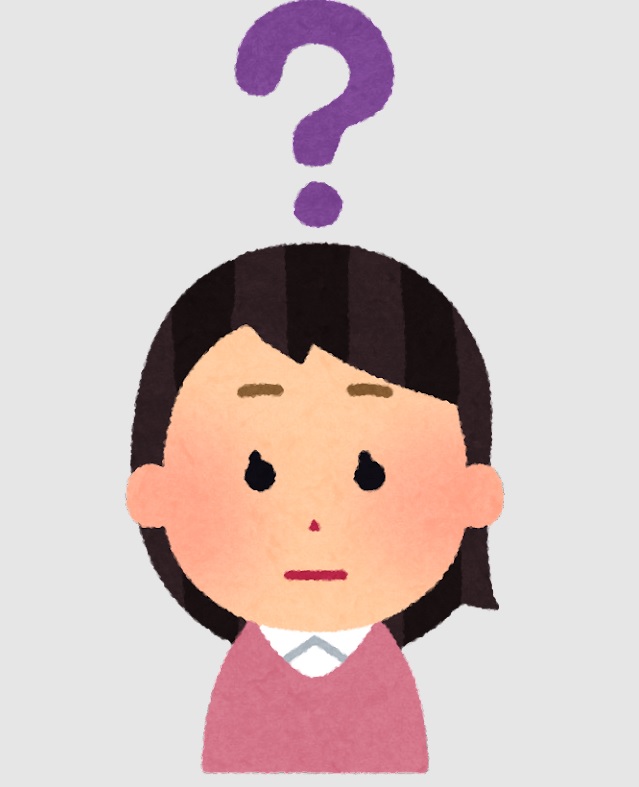管理人オススメコンテンツはこちら
「130万円?106万円?扶養のルールを理解して賢く節税!」
〜前回のつづき〜
●扶養には2種類ある
よく聞かれる会話なんですけど
「これ以上稼ぐと扶養から外れるから
パート減らしてるんだよねー」
「103万円以上稼いじゃうと
税金が高くなっちゃうからもう稼いでなーい」
「103万円?130万円?
一体いくらから扶養外れちゃうのー?」
良く聞く会話ですよね?
これは2種類有って
・社会保険上の扶養
・税金上の扶養
があります。
●社会保険上の扶養とは?
これは扶養してもらう人が得をするんですね。
扶養してもらう人の健康保険と年金の負担が
ゼロという事なんです。
扶養してもらう条件があって
扶養してもらう人の年収が
130万円未満という事なんです。
例えばどういう事かと言うと
会社員で普通にサラリーマンされてて
社会保険に入ってる旦那さんがいたとする。
パートで年収100万円の奥さんがいたとして
そうすると奥さんが旦那さんの
社会保険の扶養に入れてもらうんですよね。
そうすると奥さんは負担が無く
社会保険に入ることが出来るという事です。
・健康保険
・厚生年金
などの負担が無く
社会保険に入る事が出来るという事ですね。
旦那さんの負担は何も増えないという事です。
●よくある誤解
106万円の壁と言われる
「106万円稼いだら106万円なんじゃないの?」
ちょっと知ってる人だったら
「え?社会保険は106万円から
入れないんじゃないの?」
という人もいるんですけど
社会保険の加入条件
扶養は130万円未満なんですよ。
では106万円って何?
以下全てに該当する人は
年収106万円から加入必須になるんですよ。
・労働時間が週20時間以上
・1ヶ月の賃金が8万8千円以上
・年収106万円以上
・勤務期間が2か月を超える雇用の見込みがある
・勤務先が101人以上の企業
(※令和6年(2024年)10月以降は、51人以上の企業に変更)
・学生は対象外
これら全てに該当する人というのは
106万円から入らないといけないので
基本的には130万円なんですけど
一部の人は106万円からということです。
でもこの様な話をすると
「1ヶ月でも8万8千円超えたら
入らないといけないの?」
とか
「残業代は含めるの?」
とか
「通勤手当は?」
という話が出てくるんですけど
・残業代
・通勤手当
・ボーナス
など臨時手当は対象外だったり
繁忙期にたまたま月収が超えたとしても
すぐにそれは社会保険に加入しなくてもいい
という事です。
政府広報オンラインに詳しく書いてます。
〜〜〜つづく〜〜〜
Special Thanks college president Ryo.
●おまけ
≪≪Chat-GPTくんによる要約≫≫
扶養には「社会保険上の扶養」と「税金上の扶養」の2種類があります。社会保険上の扶養では、扶養される人の年収が130万円未満であれば、健康保険や厚生年金の負担がゼロになります。例えば、サラリーマンの旦那さんが社会保険に加入しており、パート収入が100万円の奥さんがいる場合、奥さんは旦那さんの扶養に入ることができます。
「106万円の壁」とは、一定の条件を満たす場合、年収が106万円を超えると社会保険への加入が義務付けられることを指します。この条件には、週20時間以上の労働時間や、1ヶ月の賃金が8万8千円以上などが含まれます。なお、臨時手当や繁忙期の一時的な収入超過は対象外です。
≪≪Chat-GPTくんによる英訳≫≫
~Continuation from the previous section~
There are two types of dependents
This is a common conversation:
- “I’m reducing my part-time work because if I earn more, I’ll lose my dependent status.”
- “I stopped earning because if I make more than 1,030,000 yen, my taxes will increase.”
- “1,030,000 yen? 1,300,000 yen? How much can I earn before losing my dependent status?”
You often hear such conversations, right?
There are two types:
- Social Insurance Dependents
- Tax Dependents
What are Social Insurance Dependents?
This benefits the person being supported. It means that the person’s health insurance and pension costs are zero. The condition is that the person’s annual income is less than 1,300,000 yen.
For example, a salaried employee with a wife who works part-time earning 1,000,000 yen annually. The wife can be added as a dependent under the husband’s social insurance. This means she has no burden of health insurance or pension contributions.
- Health Insurance
- Pension (Employees’ Pension Insurance)
The husband’s burden does not increase.
Common Misunderstanding
The “1,060,000 yen barrier” is often misunderstood:
- “If I earn 1,060,000 yen, I have to join social insurance?”
While the dependent condition is an annual income of less than 1,300,000 yen, some people must join if they earn over 1,060,000 yen, given all these conditions:
- Work over 20 hours per week
- Monthly wage over 88,000 yen
- Annual income over 1,060,000 yen
- Employment expected to exceed two months
- Employer with over 101 employees (changes to over 51 employees from October 2024)
- Not a student
Even if someone temporarily earns more than 88,000 yen in a month due to overtime or bonuses, they do not immediately need to join social insurance. Detailed information is available on the Government Public Relations Online.
Special Thanks OpenAI.


